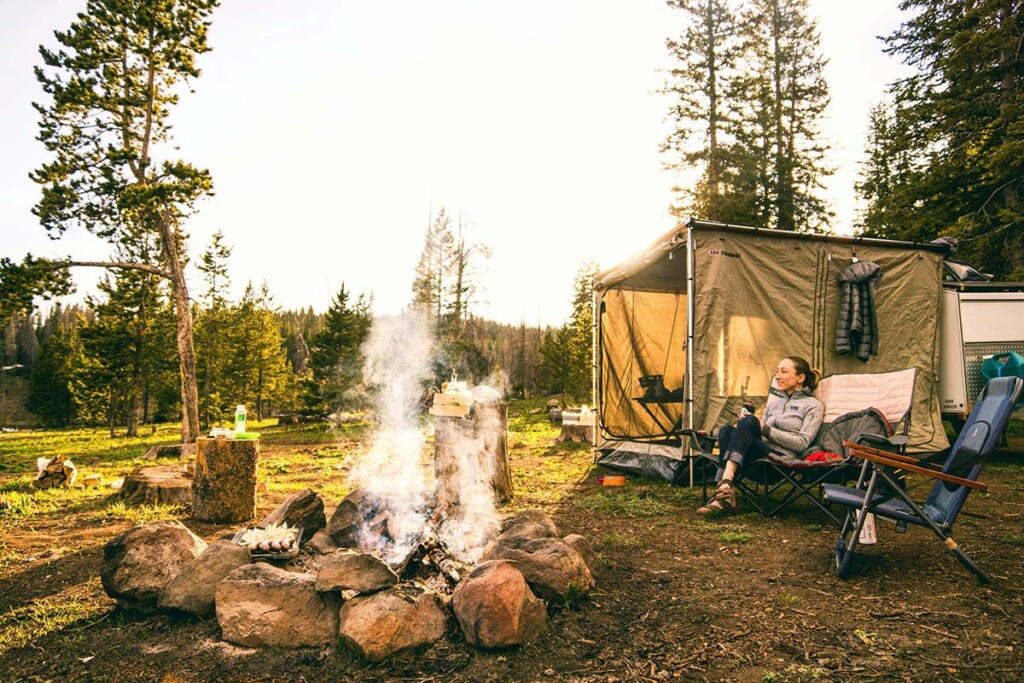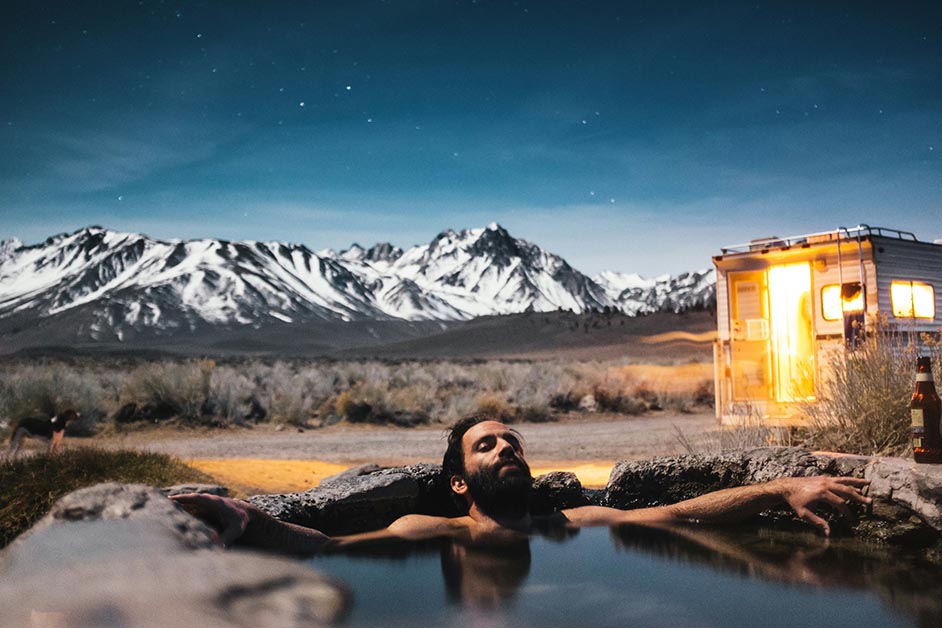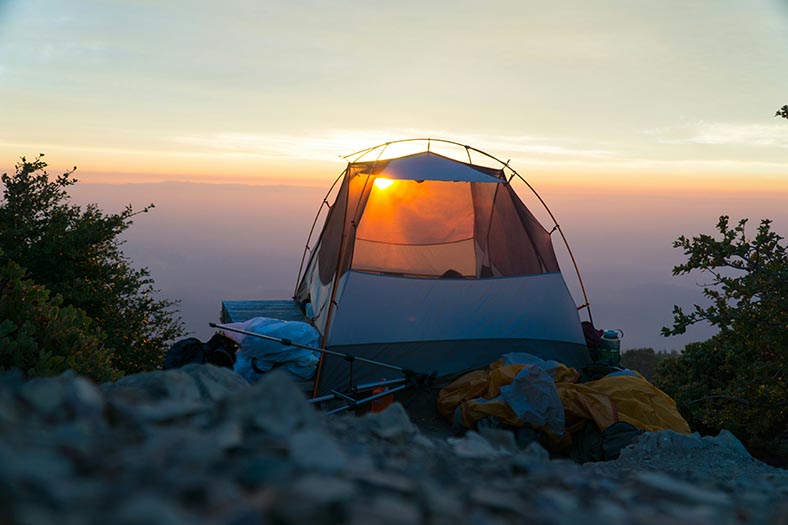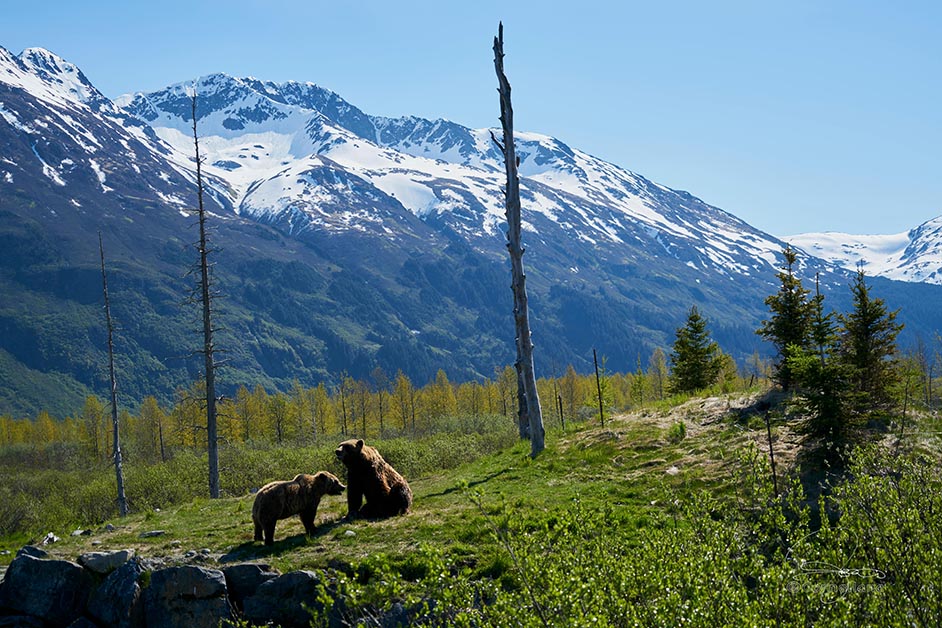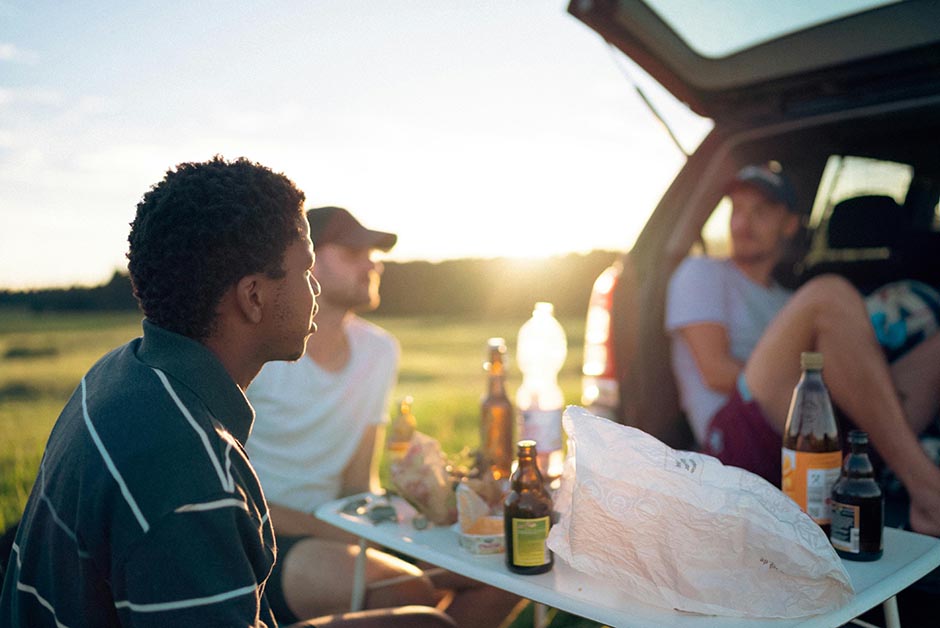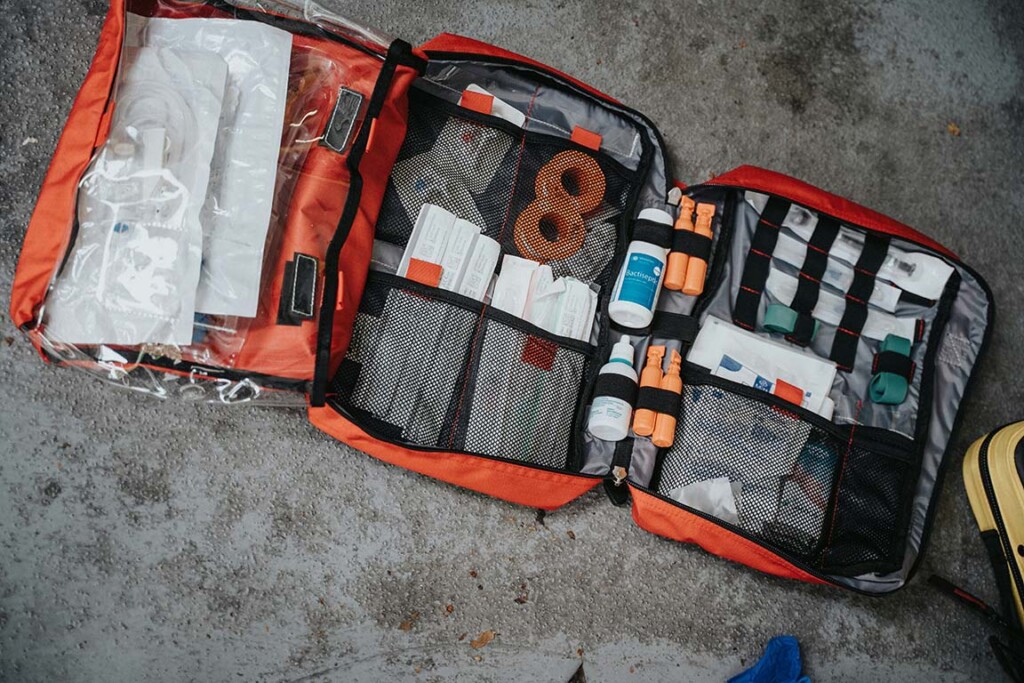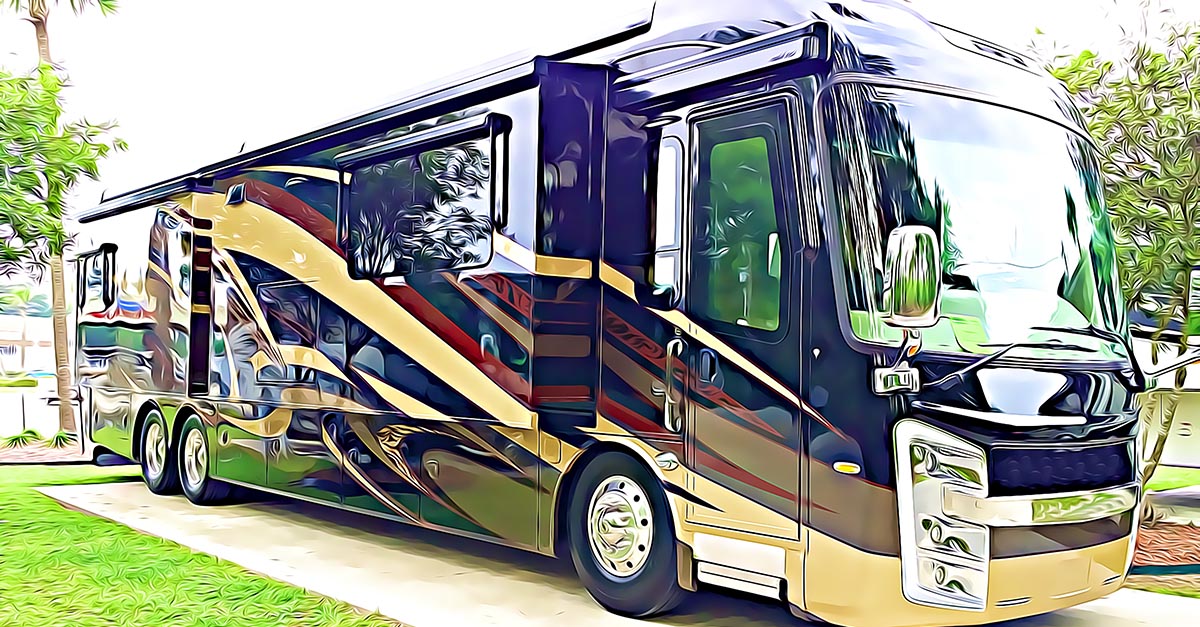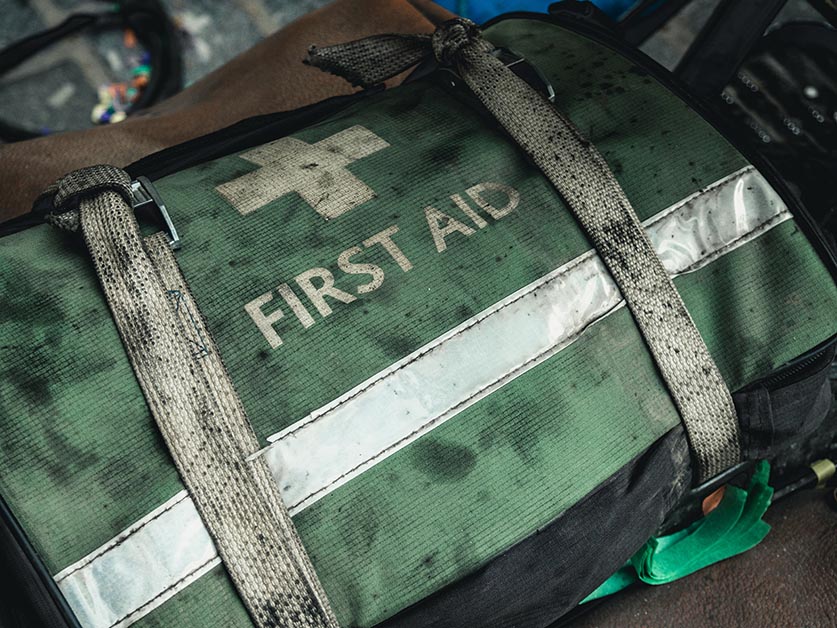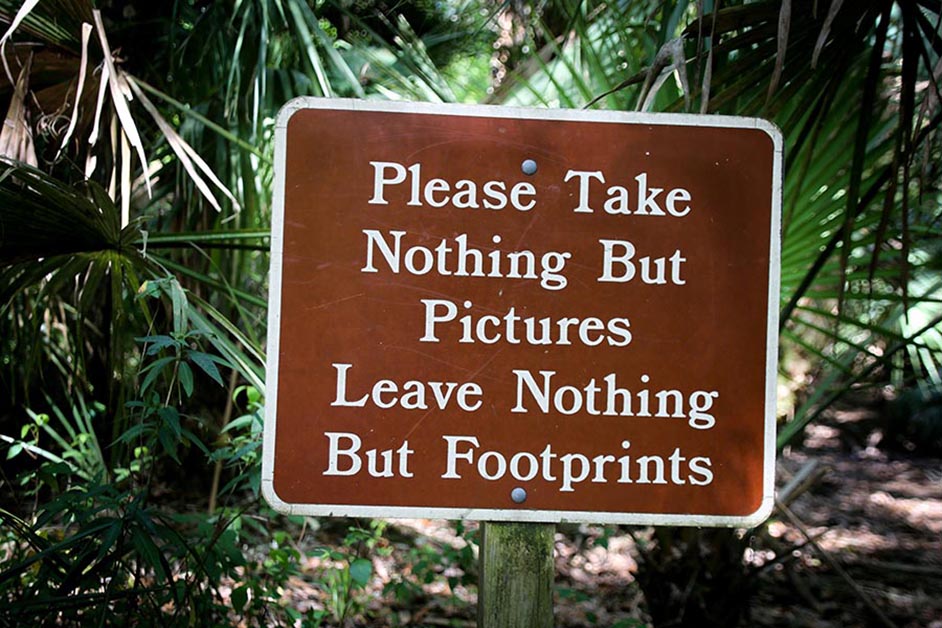by Steve Jean
Share
by Steve Jean
Share
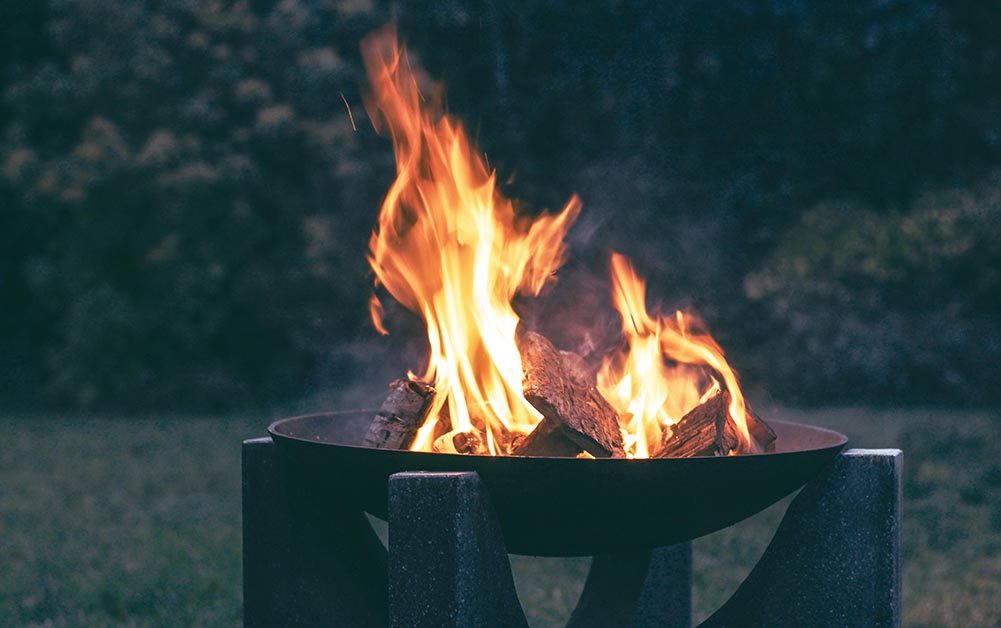
Camping in the great outdoors offers a wonderful opportunity to unwind, connect with nature, and create lasting memories with loved ones. However, it’s important to prioritize safety to ensure a positive and enjoyable experience. From preventing accidents to handling emergencies, here are some essential tips to help you stay safe while camping outdoors.
Choose a Safe Campsite
When selecting a campsite, there are several factors to consider in order to prioritize safety. One of the most important things to look out for is potential hazards. Be sure to choose an area that’s free from anything that could pose a threat, such as dead trees, rocky terrain, or low-lying areas that are prone to flooding.
In addition to hazards, it’s also important to find level ground to pitch your tent. This will not only make for a more comfortable camping experience, but it will also help prevent any accidents that could occur if your tent is pitched on uneven ground.
Another key safety consideration is to ensure that there’s enough space between your campsite and any potential risks. For example, if you’re camping near a cliff or a body of water, make sure that you’re far enough away to avoid any danger.
By taking these steps and being proactive about safety, you can enjoy a worry-free camping trip and make the most of your time in the great outdoors.
Check the Weather Forecast
To ensure you have a safe and enjoyable camping trip, it is essential to stay informed about the weather conditions of your destination, starting from the time you plan to leave and throughout your trip. Checking the weather forecast on reliable websites, apps, or by contacting local authorities will help you prepare for any weather-related challenges that you may encounter.
It is important to pack weather-appropriate clothing and gear based on the forecasted weather conditions. For instance, if the forecast predicts rain, pack raincoats, waterproof boots, and extra pairs of socks. If the forecast predicts extreme temperatures, pack appropriate clothing layers and blankets to keep you warm.
Additionally, monitor the weather conditions throughout your trip as weather patterns can change abruptly, especially in mountainous or coastal areas. Stay updated with weather warnings and alerts by subscribing to weather updates on your mobile device or radio. By keeping yourself informed and prepared, you can enjoy a safe and comfortable camping trip.
Set Up Camp Safely
When setting up your campsite, it is important to take your time and pay close attention to safety considerations. Here are some tips to ensure that your camp is set up safely and securely:
1. Choose a level and clear area to pitch your tent. Make sure that there are no sharp rocks or sticks that could damage your tent or make sleeping uncomfortable.
2. Use sturdy stakes and guy lines to secure your tent. This will help to prevent it from collapsing in the event of strong winds or other adverse weather conditions.
3. Keep flammable items a safe distance away from the campfire area. This includes not only things like gasoline and lighter fluid but also things like paper and cardboard. Make sure that there is a clear and safe area around the campfire and that it is well away from any tents or other structures.
4. Establish a safe distance between tents. This will help to minimize the risk of fire spreading from one tent to another. Ideally, there should be at least 10 feet of space between tents.
By following these tips, you can ensure that your campsite is safe, secure, and comfortable. Happy camping!
Practice Fire Safety
Building and maintaining a campfire is a tradition that can add a lot to your camping experience, but it’s essential to follow some safety rules to avoid accidents. Here are some detailed guidelines on how to build and maintain a campfire safely.
Firstly, it is important to choose a designated fire ring or pit for your campfire. This designated area should be clear of any vegetation or debris that could catch fire. A fire ring is a metal or stone ring that helps to contain the fire, while a fire pit is a hole dug in the ground that is surrounded by rocks.
Secondly, before starting a fire, it’s essential to check the weather conditions to ensure there’s no fire ban or high fire risk in your camping area. If there’s a fire ban, do not light a fire.
Thirdly, keep a bucket of water or sand nearby to extinguish the fire in case of an emergency. It’s important to remember that even a small campfire can quickly get out of control and cause a wildfire.
Fourthly, always supervise the fire and never leave it unattended. It’s essential to keep a close watch on the fire and ensure that it’s not spreading beyond the designated area.
Lastly, before leaving your campsite or going to bed, make sure that the fire is fully extinguished. This involves pouring water over the fire until the hissing sound stops, stirring the ashes to ensure the fire is out and then repeating the process until the fire is cold to the touch.
Be Wildlife Aware
It is crucial to be mindful of the natural habitat of wildlife when you are in the great outdoors. To ensure the safety of both yourself and the animals, it is essential to take necessary precautions that will help prevent any potential encounters with dangerous animals such as bears, snakes, or insects.
One effective way to prevent animals from accessing your food is to store it securely in bear-proof containers or hang it from a tree branch that is out of their reach. This is especially important if you are camping or hiking in areas where these animals are known to frequent.
In addition, it is highly recommended that you familiarize yourself with the different species of local wildlife and learn how to respond calmly and safely in the event of an encounter. Understanding the behavior of these animals can help you avoid situations that may put you in harm’s way.
It is also important to keep in mind that while wildlife encounters can be an exciting experience, they can also be dangerous. Therefore, it is essential to respect the animals’ natural habitat and maintain a safe distance at all times. By doing so, you can help ensure that both you and the wildlife can coexist in harmony.
Stay Hydrated and Well-Nourished
To ensure that you maintain your energy and hydration levels throughout your camping trip, it is essential to follow some key steps. Firstly, drink plenty of water throughout the day. It is recommended that you drink at least 2 liters of water per day to stay properly hydrated. You should also make sure that you eat nutritious meals and snacks that provide your body with the necessary energy and nutrients.
Secondly, pack a sufficient supply of clean drinking water or bring a water filtration system, such as a portable water filter or a water purification tablet, to purify natural water sources. Drinking untreated water from rivers, lakes, or streams can lead to waterborne illnesses such as diarrhea, vomiting, and fever.
If you don’t want to carry a lot of extra weight, a water filtration system is a great option. They are compact, light-weight, and can be used to purify natural water sources. You can even find water filtration straws that allow you to drink directly from a stream or other water source.
Finally, it is important to avoid consuming untreated water from rivers, lakes, or streams, even if it looks clean. Always take the necessary precautions to protect your health and safety while camping. By staying hydrated and eating nutritious meals and snacks, you’ll be able to enjoy your camping trip to the fullest.
Pack a First Aid Kit
It’s always a good idea to be prepared for minor injuries and medical emergencies, especially when traveling or participating in outdoor activities. One of the most important tools at your disposal is a well-stocked first aid kit. When assembling your kit, be sure to include essential supplies such as bandages in various sizes, antiseptic wipes, adhesive tape, gauze pads, tweezers, scissors, pain relievers such as ibuprofen and acetaminophen, and emergency medications like epinephrine auto-injectors for severe allergic reactions.
It’s not enough to simply pack a first aid kit, though. You should also familiarize yourself with the contents of the kit and know how to use them effectively in case of injury or illness. This means knowing how to properly clean and dress wounds, how to administer medications, and how to perform basic first aid techniques such as the Heimlich maneuver and CPR.
By taking the time to prepare a well-stocked first aid kit and familiarizing yourself with its contents and how to use them, you can be better equipped to handle minor injuries and medical emergencies, and potentially even save a life.
Communicate Your Plans
Before embarking on your camping trip, inform friends or family members of your itinerary, including your planned route, campsite location, and expected return date. Carry a fully charged cell phone or satellite communication device for emergencies, but be aware that signal reception may be limited in remote wilderness areas.
By prioritizing safety and following these essential tips, you can enjoy a safe and memorable camping experience in the great outdoors. Whether you’re a novice camper or an experienced outdoor enthusiast, preparation, caution, and respect for nature are key to staying safe while camping. So pack your gear, embrace adventure, and cherish the beauty of nature while keeping safety a top priority.
Many people are drawn to the allure of the open road, the freedom to explore new destinations, and the comfort of home on wheels that RV travel offers. However, before hitting the road, one of the first decisions that needs to be made is whether to rent or buy an RV. Each option has its
Whether you’re embarking on a wilderness adventure, planning a family camping trip, or simply stocking your home medicine cabinet, having a well-equipped first aid kit is essential for handling life’s little emergencies. From minor scrapes and cuts to more serious injuries, being prepared can make all the difference in ensuring a swift and effective response.
As lovers of the outdoors, we have the fantastic opportunity to witness the stunning beauty of nature. However, we are responsible for ensuring that we do not harm the environment while enjoying it. Leave No Trace camping principles guide outdoor enthusiasts to appreciate nature while preserving its natural state. This post will discuss the significance


